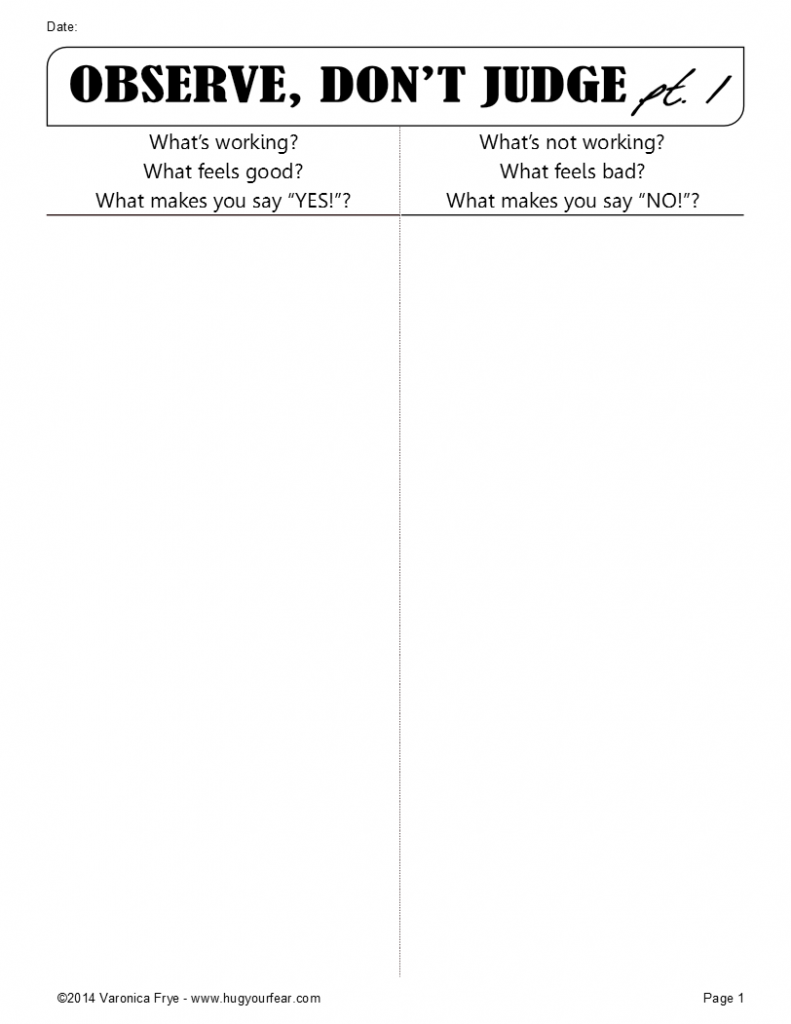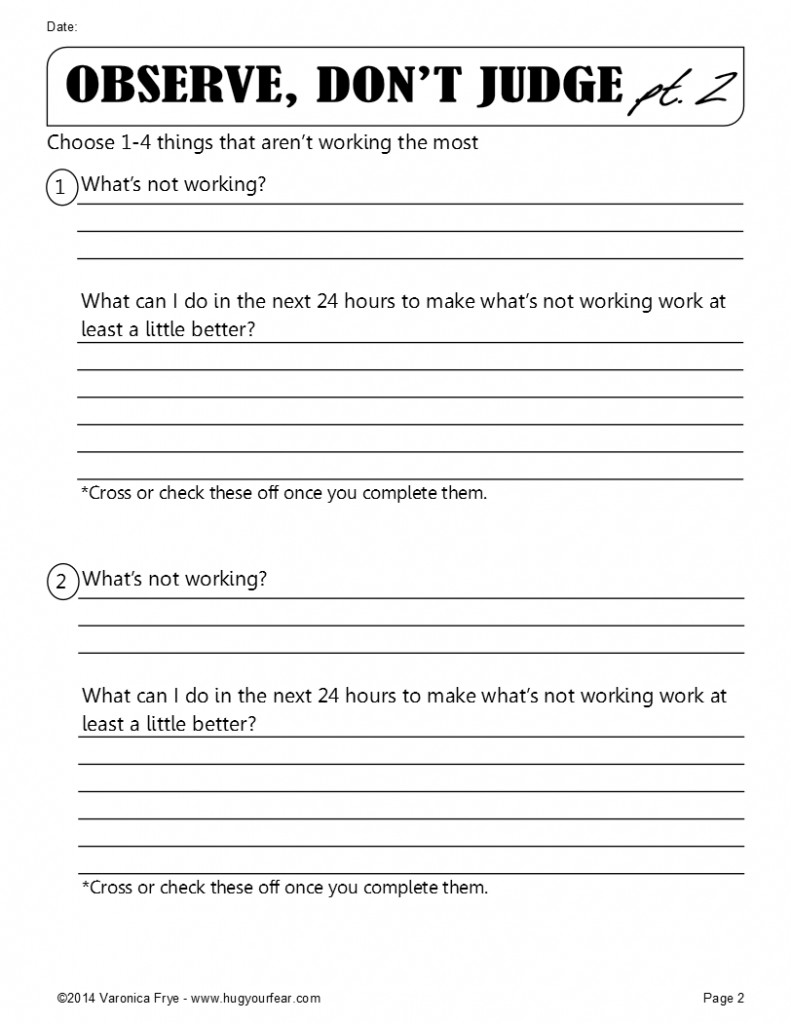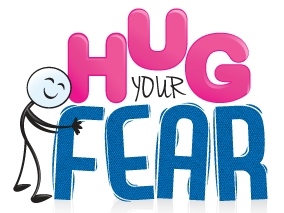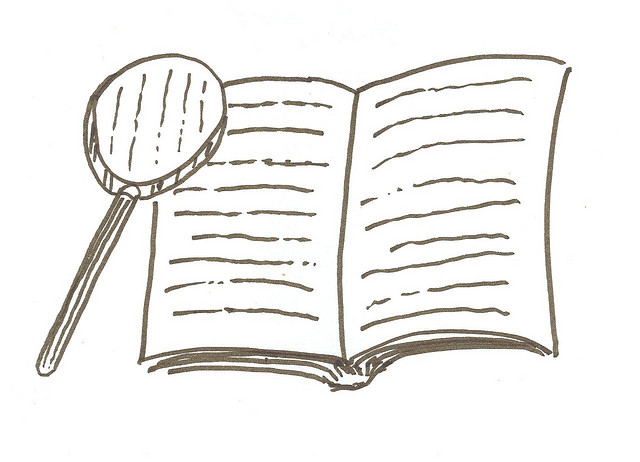I have a secret. I’m a scientist. Ok, I’m just kidding, but I’ve been using a somewhat scientific method in my personal life that’s really been helping me understand myself and create better habits. I call it “Observe, Don’t Judge.” Essentially, I’ve been observing my behavior as if I am two people: the one who sees what I’m doing and the one who actually does the work.
Here’s an example: I was becoming frustrated at getting to the end of the day and realizing that I hadn’t done what I had planned to do to further my goals. I would get home, it would be dark soon after dinner and I would just plop down on the couch and do much of nothing until it was time for bed. As usual, once I got into bed, I would mentally chastise myself for being lazy and slacking off, but one night another thought pushed to the forefront and it said,
“Observe, don’t judge.”
I got out my journal and expanded on the idea and began to look around for clues as to why I had such low energy on most evenings. No judgments or name calling, just an honest look at what was not working. In a few minutes, I came up with a few answers:
1. I tend to work better in the morning and afternoon and yet I saved the bulk of my tasks for the evening.
2. I had been getting to bed later than usual the last couple of weeks leaving me very tired the next day.
3. I hadn’t been taking enough time during the day and during the weekend to renew my energy in quiet and solitude which I’m learning is a major energy drain for me as an introvert.
4. I hadn’t been drinking as much water as I used to and remembered a time before when drinking less water made me feel less energized.
As I looked over my list, the things I wrote felt much better than calling myself names. I also realized that by stopping and observing in this way I could separate my fear and self-sabotage from bad habits that don’t take my natural tendencies and needs into account. Sometimes what we think is fear or weakness, is really us just fighting against our natural tendencies or those behaviors that make us feel the best. If we would just notice what these are and act with them, we might have an easier time.
I didn’t stop there though. I realized that I could do something about each of those observations and I could start right away.
1. I could schedule some of the tasks I saved for the evening for the morning before work and at my lunch break instead.
2. I could get to bed earlier that night.
3. I could set a water drinking goal for the next day.
4. I could schedule at least 15 minutes of quiet and solitude in my schedule for the next day and cut back on my social calendar for the next week.
To help me keep track of the possible solutions I discovered, I created a worksheet (which you can download for free here). It’s basically a nicer looking version of what I initially wrote out on a piece of paper that night. If you’ve resonated so far with this exercise, perhaps you can make use of the worksheet too.
 The first page is for observing what’s going right and what’s not going right. Although I didn’t mention it until now, I think it’s very important to observe what’s working because it helps you to realize that all is not lost.
The first page is for observing what’s going right and what’s not going right. Although I didn’t mention it until now, I think it’s very important to observe what’s working because it helps you to realize that all is not lost.
I added the “What’s working?” question on a later trial of the worksheet and it really helped me to be grateful for the good things and keep doing those things that made my life feel better.
Even acknowledging basic things that you might take for granted (like being able to cook a meal every day or getting to an appointment on time) can make a big positive difference in how you feel about life and yourself.
You can also use what’s working to help you improve what’s not working. Maybe you get to work late, but you get to your doctor’s appointments on time. What can you learn from those situations when you are on time that can help you be on time for work?
 The second and third page is where you detail what you can do in the next 24 hours to make what’s not working work at least a little bit better. I think it’s important to take action on what you discover as soon as possible. When I did it, it helped me feel empowered and it lifted my spirits since there was something I was doing to help myself sooner rather than later.
The second and third page is where you detail what you can do in the next 24 hours to make what’s not working work at least a little bit better. I think it’s important to take action on what you discover as soon as possible. When I did it, it helped me feel empowered and it lifted my spirits since there was something I was doing to help myself sooner rather than later.
I limited the worksheet to contain up to four things that aren’t working as it got a bit overwhelming to think about changing any more than that. If you feel you can handle more than four, go for it.
And no scientific experiment would be complete without a report so I made sure to check in after a few days and see what worked or what needed to be tweaked. I mostly did this in my journal, but it can also be done by doing the first observation part again to see what is or isn’t working where you are now. The sheet can be used for a specific area or issue, but also as a general barometer of your life overall.
So let me know if you choose to try this experiment in your life. I’d love to hear if it worked (or didn’t) for you and if you have another method of self-observation that you use in your life, please share!
If You Like This Post, You Might Also Like:
Goal Setting and the Fear of Success
Hug Your Fear and Try New Things March 2014 Challenge

